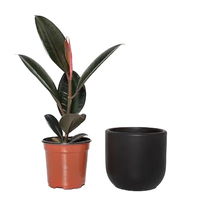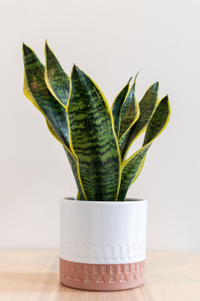'Stop throwing them in the trash' – this common kitchen waste can be turned into DIY fertilizer for houseplants instead
This kitchen waste can provide an organic source of calcium that could be the perfect cure for your listless houseplants, say experts
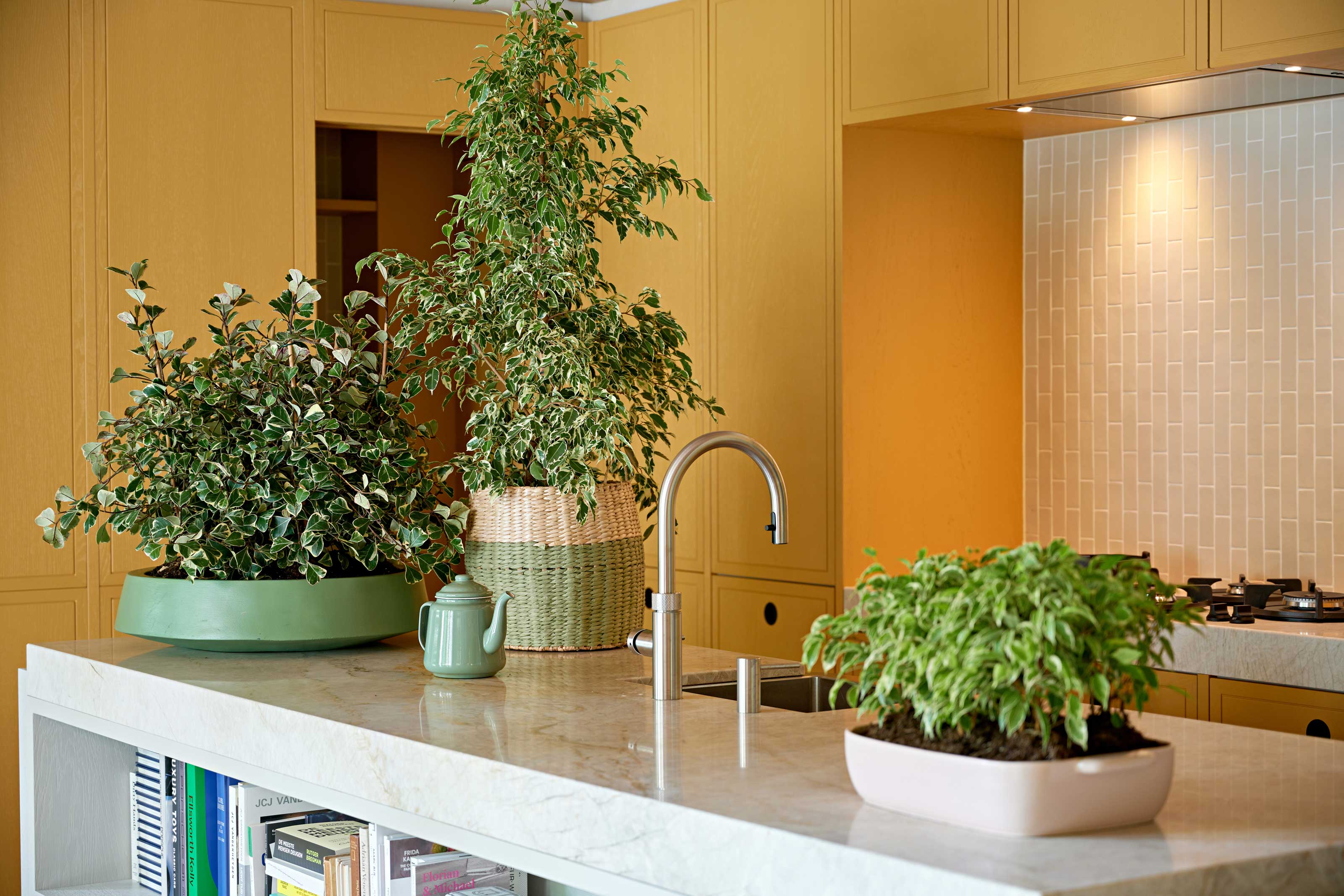

Keeping your houseplants healthy isn't always easy, especially through the winter months. No matter where you move them or how much you water them, sometimes they just won't perk up. A fertilizer is one of the best ways to encourage growth during the colder seasons but what if we told you that instead of buying one, you could make your own from something you've probably been throwing in the bin all this time...
Yep, you heard us. Eggshells are supposedly the wonder cure for listless houseplants in need of a little pick-me-up. Putting crushed eggshells in their soil is said to provide a boost of calcium to promote cell growth and bring new life to your plant babies. If you're in the 'houseplants for beginners' category right now, it might just be your first foray into fertilizers.
But how does it work, and can we really rely on this fertilizer substitute? Well, we asked some plant experts exactly that, and whether we really should stop throwing eggshells in the trash. Here's what they had to say.

Lilith is an expert at following news and trends across the world of interior design. She regularly shares simple solutions to help brighten our homes and a personal favorite of hers is houseplants. For this piece, she spoke with plant experts to learn all about the egg shell hack for healthier plants.
Are eggshells really good for indoor plants?
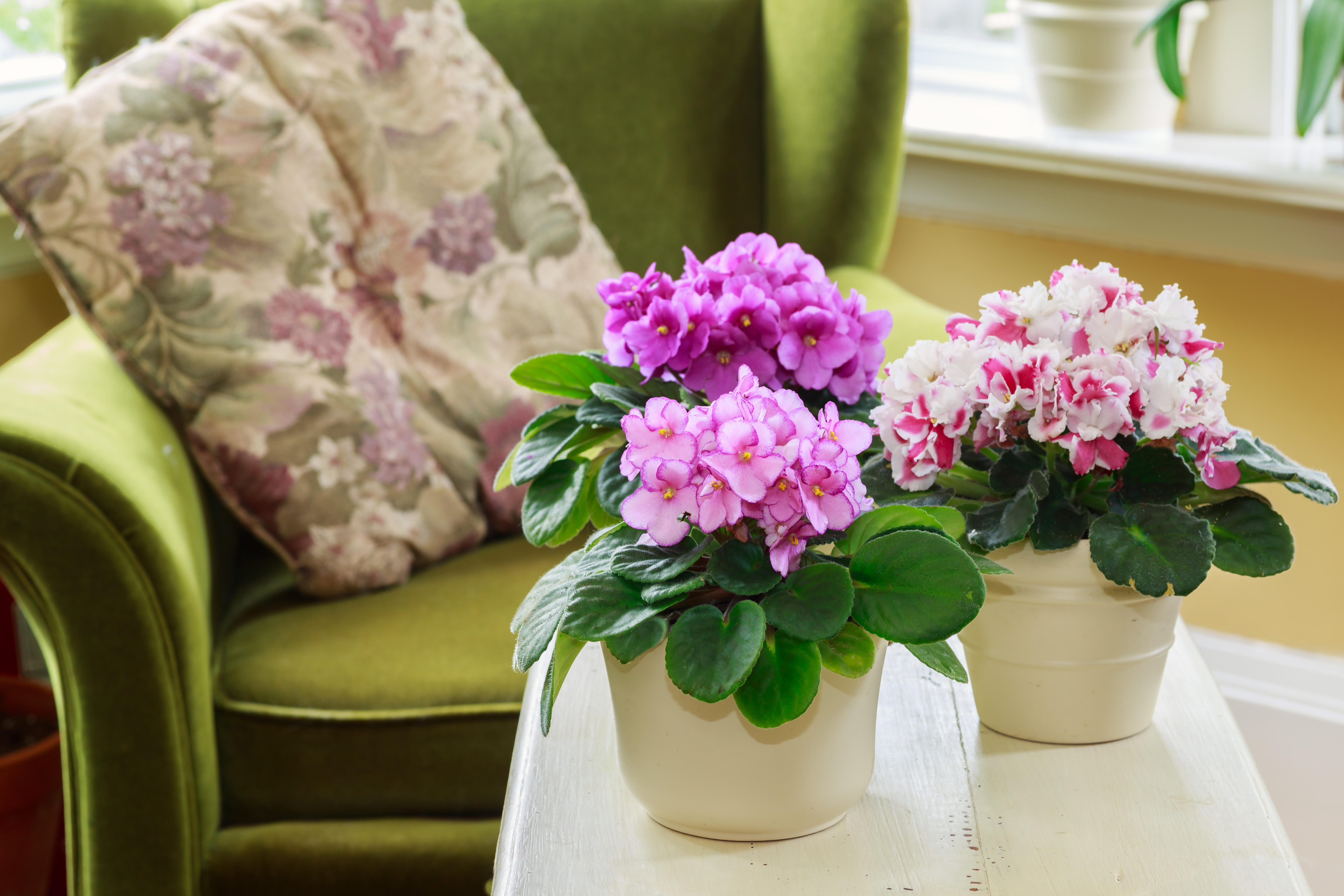
There are a million and one home remedies that claim to cure your wilting plants, from feeding your houseplants pasta water to whispering into their leaves (yes, really), but it turns out that eggshells are actually one of the best ways to fertilize your houseplants naturally. Finely crushed eggshells actually provide an organic source of nutrition for your plants, which is why they're such a good compost ingredient.
The primary reason for this is that eggshells are rich in calcium. 'Calcium is a mineral that's crucial for plants' growth and development,' says Aaditya Bhatta, plant expert and founder of Plantscraze. 'Crushed eggshells can be used as a soil supplement to assist plants in getting the calcium they require to thrive, preventing issues like blossom-end rot and other ailments brought on by a calcium deficiency.'
The beautiful deep green foliage of the ficus plant has a red-ish tinge's especially striking thanks to its surface's shiny qualities. Its large leaves are notorious for collecting dust however, so be sure to wipe often.
How do you use eggshells as a fertilizer?

So, what's the best way to use eggshells to fertilize your plants? Unfortunately, it's not as easy as just throwing your cracked eggshells onto their soil as you make your pancakes, but it's certainly not rocket science either.
'To make sure you are maximizing the bio-availability of your eggshells you are going to want to dry them out and then grind them down into an extremely fine powder,' explains Mo Bhula, plant expert at The Botanical Archive. 'Use this powder sparingly and drop a few pinches in when it comes to watering your plants to increase the calcium levels in the soil.'
Aaditya recommends starting with a modest quantity and increasing it gradually as necessary, as too much eggshell powder can cause a nutrient imbalance in the ground. 'It's also important to clean and dry the eggshells thoroughly before crushing them, as any remaining egg white or yolk can attract pests and lead to soil contamination,' she adds.
This houseplant staple, also known as Mother-in-Law's Tongue, is loved for being extremely low maintenance and for its ability to purify the air. Its upright sword-like leaves with vibrant yellow edges, often variegated, look extra beautiful when given the occasional polish.
Which plants benefit most from this hack?
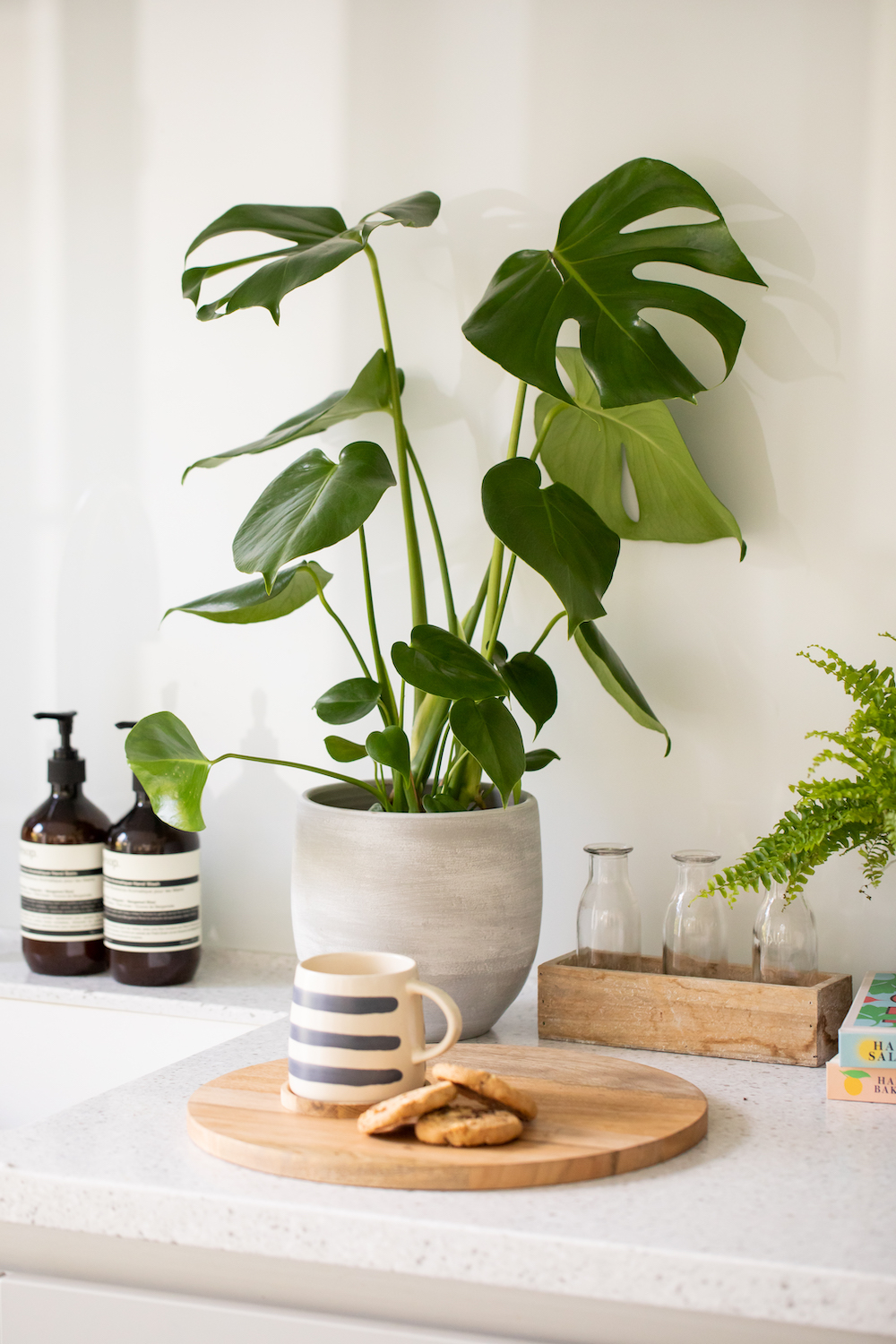
Since eggshells offer a source of calcium, plants that love this nutrient will benefit best from this hack, such as roses and African violets. 'Monstera, philodendrons, and other plants in this family are also particularly calcium-loving,' Mo says. A calcium deficiency in plants typically affects newer growth where the leaves may be slightly misshapen or have small spots on their surface.
If you're worried you might do your green-fronded friends more harm than good with this DIY plant care hack, fear not. Aaditya assures us that eggshells are safe to use on virtually any houseplant as long as they're fed gradually. 'Most houseplants can safely be treated with crushed eggshells, but it's always a good idea to learn more about the particular requirements of your plants,' she says. 'Use eggshells sparingly, and keep an eye out for any signs of nutritional imbalance in your plants, as some plants may be sensitive to high calcium levels.'
Be The First To Know
The Livingetc newsletters are your inside source for what’s shaping interiors now - and what’s next. Discover trend forecasts, smart style ideas, and curated shopping inspiration that brings design to life. Subscribe today and stay ahead of the curve.

Lilith Hudson is a freelance writer and regular contributor to Livingetc. She holds an MA in Magazine Journalism from City, University of London, and has written for various titles including Homes & Gardens, House Beautiful, Advnture, the Saturday Times Magazine, Evening Standard, DJ Mag, Metro, and The Simple Things Magazine.
Prior to going freelance, Lilith was the News and Trends Editor at Livingetc. It was a role that helped her develop a keen eye for spotting all the latest micro-trends, interior hacks, and viral decor must-haves you need in your home. With a constant ear to the ground on the design scene, she's ahead of the curve when it comes to the latest color that's sweeping interiors or the hot new style to decorate our homes.
-
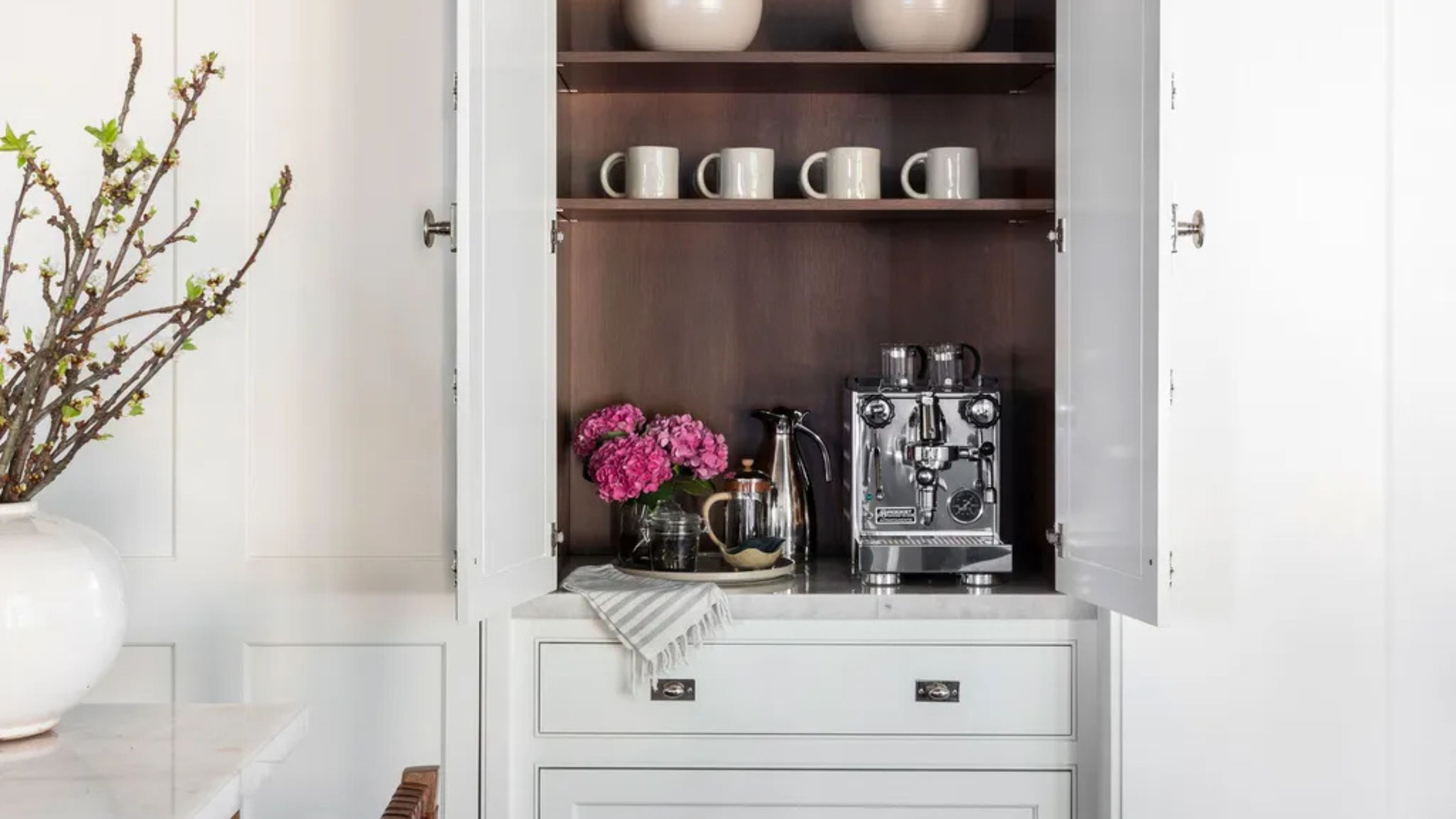 Turns Out the Coolest New Café is Actually In Your Kitchen — Here's How to Steal the Style of TikTok's Latest Trend
Turns Out the Coolest New Café is Actually In Your Kitchen — Here's How to Steal the Style of TikTok's Latest TrendGoodbye, over-priced lattes. Hello, home-brewed coffee with friends. TikTok's 'Home Cafe' trend brings stylish cafe culture into the comfort of your own home
By Devin Toolen Published
-
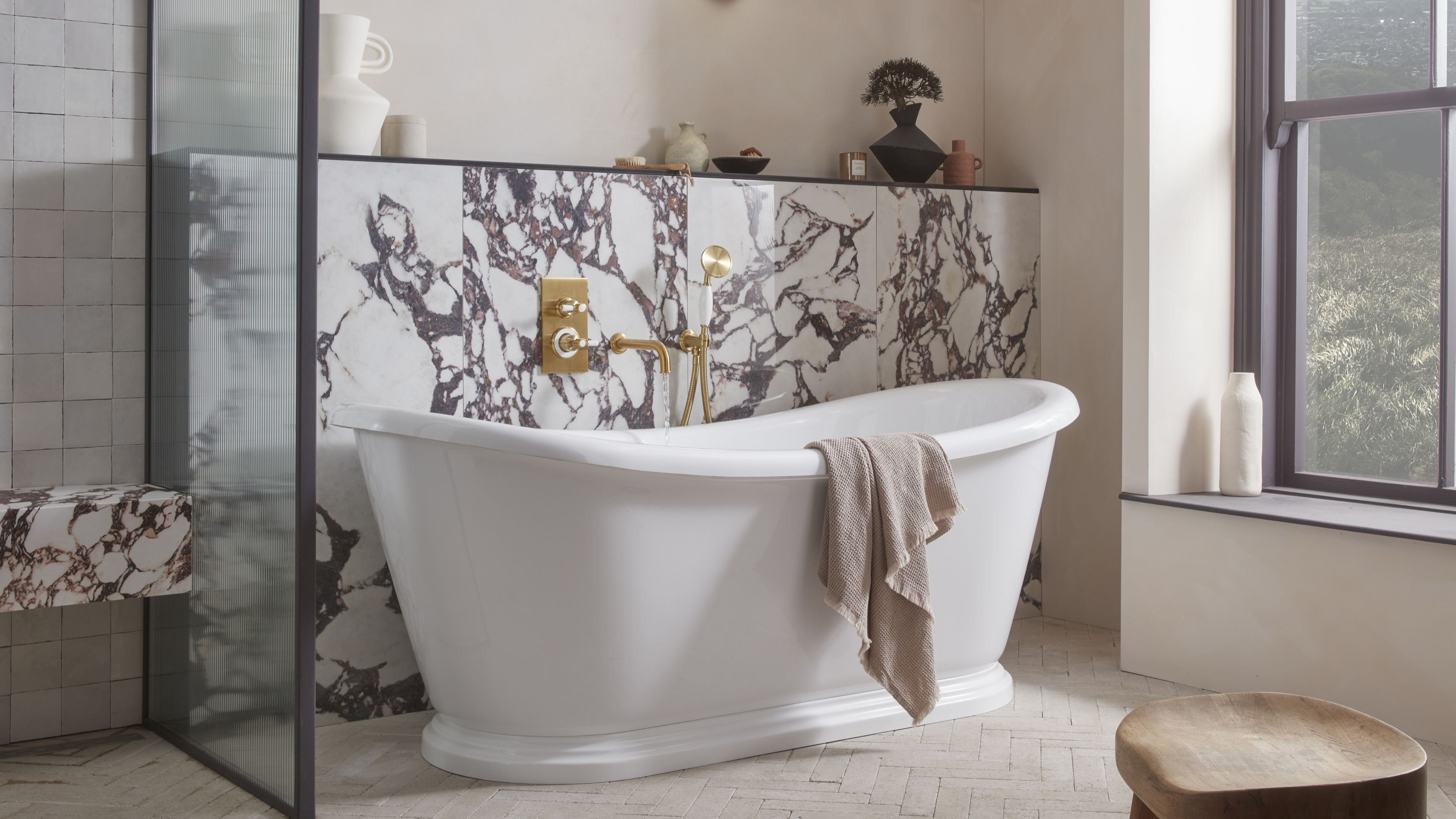 5 Bathroom Layouts That Look Dated in 2025 — Plus the Alternatives Designers Use Instead for a More Contemporary Space
5 Bathroom Layouts That Look Dated in 2025 — Plus the Alternatives Designers Use Instead for a More Contemporary SpaceFor a bathroom that feels in line with the times, avoid these layouts and be more intentional with the placement and positioning of your features and fixtures
By Lilith Hudson Published
